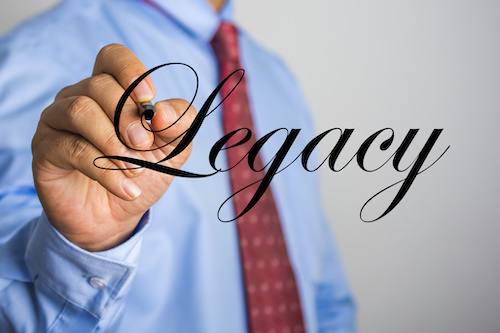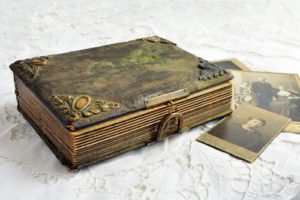 When many think of estate planning, they think of assets that include money, real estate, and personal property. But, included in someone’s estate could be invaluable personal property, such as family heirlooms or keepsakes. Don’t overlook this type of property even if it does not have a high dollar value. It could still provide sentimental value which cannot be quantified. Part of thorough estate plan involves determining how to apportion priceless family heirlooms and keepsakes after you die.
When many think of estate planning, they think of assets that include money, real estate, and personal property. But, included in someone’s estate could be invaluable personal property, such as family heirlooms or keepsakes. Don’t overlook this type of property even if it does not have a high dollar value. It could still provide sentimental value which cannot be quantified. Part of thorough estate plan involves determining how to apportion priceless family heirlooms and keepsakes after you die.
Potential Heirloom Issues 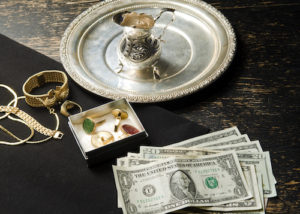
An “heirloom” is a particular piece of personal property one person passes down to another. Keepsakes such often pass from generation to generation. Talk about your family heirlooms and keepsakes with interested parties. This helps guard your loved one’s feelings and expectations regarding these items. Also, consider taking your heirlooms and keepsakes for appraisal. Hire someone reputable to provide your heirs with proper documentation. Include these items in your estate planning.
How to Distribute
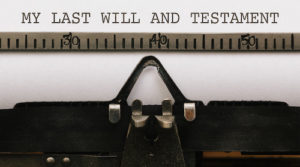 When it comes to family heirlooms and keepsakes the typical division plans may not work. Does the item have a low dollar value? Monetary considerations may not be the right way to equalize distributions. Such is the case when the keepsake’s dollar value ranks high compared to the value of the remaining estate. Furthermore, if only one of such item exists, you cannot split it between multiple people. This includes keepsakes such as great-grandfather’s WWI medals, the cherished family crystal, or your mother’s pearls. Decide the best way to distribute these assets based on your unique family situation. Regardless of who receives these items, distribute them by way of a personal property memorandum in states that permit this practice.
When it comes to family heirlooms and keepsakes the typical division plans may not work. Does the item have a low dollar value? Monetary considerations may not be the right way to equalize distributions. Such is the case when the keepsake’s dollar value ranks high compared to the value of the remaining estate. Furthermore, if only one of such item exists, you cannot split it between multiple people. This includes keepsakes such as great-grandfather’s WWI medals, the cherished family crystal, or your mother’s pearls. Decide the best way to distribute these assets based on your unique family situation. Regardless of who receives these items, distribute them by way of a personal property memorandum in states that permit this practice.
The personal property memorandum allows you to express your wishes and avoid the hard feelings that could come about by leaving all of the personal property equally to your children. This document is a written statement regarding specific property. Your will or living trust should reference this document. It should also identify who should inherit what property. This document offers the added benefit of easy modification or revision without the need to execute a new will or amend the trust. However, please remember, items listed in a personal property memo include personal property – not real estate, cars, or bank accounts.
Gifting During Life
Because of the sentimental nature of family heirlooms, you may want to consider gifting these items during your lifetime instead of waiting until your death. If you gift your family heirlooms and keepsakes during your lifetime, there is a personal joy in witnessing your loved one receiving the family treasure. That being said, be careful of gift tax issues that may be incurred depending on the value of the item. Another concern that you may want to address depending upon the value of the family heirloom is whether or not this lifetime gift should be considered part of the recipient’s share of your eventual estate.
 Estate Planning Advice
Estate Planning Advice
A comprehensive estate plan that considers all assets – including family heirlooms and keepsakes – is key to making sure your wishes are followed once you are gone. Contact us to learn about your options under applicable law and to ensure that all of your assets, no matter the monetary value, are covered under your estate plan.
About Skvarna Law Firm in Upland and Glendora, California 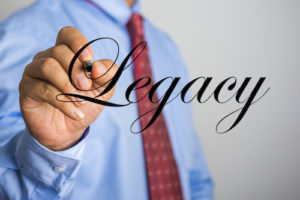
A skilled attorney can assist with your estate plan. Contact us today to learn about your options (909) 608-7671. We operate offices in Glendora and Upland, California. We provide legal services for individuals living in San Bernardino, Los Angeles, Orange and Riverside Counties. This includes the cities of Upland, Ontario, Rancho Cucamonga, Fontana, Colton, Rialto, Chino, Chino Hills, Glendora, Claremont, Montclair, Pomona, La Verne, San Dimas, Azusa, Covina, West Covina, Diamond Bar, Walnut, La Puente, Corona, Norco & Mira Loma. Visit SkvarnaLaw.com to learn more.


